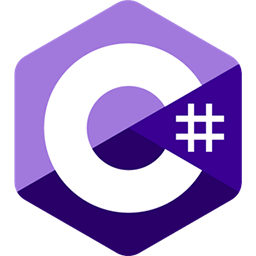EGMasters Company is the proprietor and originator of the Masters ERP system, the inaugural Egyptian system to facilitate the elimination of paper-based systems and promote the digital transformation of organizations. EGMasters was founded in 2014 with the intention of aiding in the dissemination of digital transformation for businesses. To meet the expanding demands of all business sectors, the organization draws on the erudite youthful cadres, the chairman of the board, and their personal experiences.
Our objective is to offer exceptional programming and development services in order to assist in the transformation of businesses …
To contribute to the digital transformation of companies in Egypt and the Arab world by providing a reliable and efficient ERP system …
Based on the scientifically grounded expertise of our team and the ascent of our organization, our goal is to emerge as a leading …










